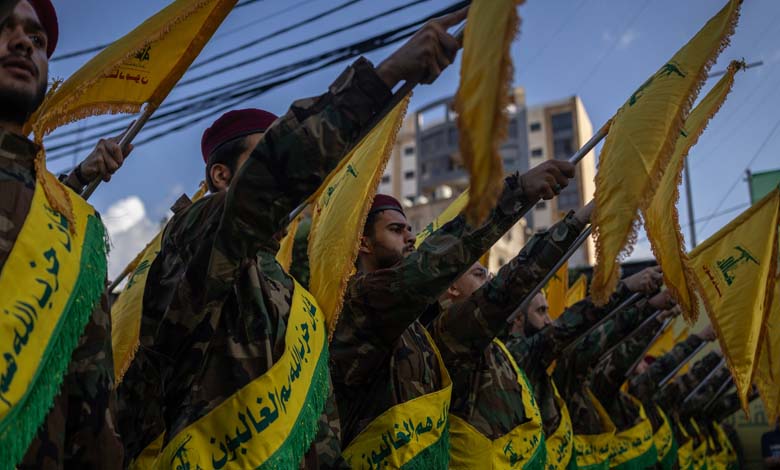Hezbollah threatens civil war in Lebanon and warns of a Karbala-style battle

Hezbollah has threatened to ignite a “civil war” in Lebanon in response to government decisions aimed at disarming the group, also raising the specter of a “Karbala-style battle.”
On Friday, Hezbollah’s Deputy Secretary-General, Naim Qassem, warned the Lebanese government against confronting the party, stating: “There can be no life for Lebanon if you choose to stand on the opposite side, seeking to confront us and eliminate us. Lebanon can only be built with all its components.”
-
Hezbollah Faces a Silent Collapse: Missing Leadership, Besieged Weapons
-
Beirut Port Explosion Anniversary: Justice Moves Forward Despite Hezbollah’s Obstruction
Qassem explained that Hezbollah – backed by Iran – and its Shiite ally, the Amal Movement, had decided to postpone any street protests against a U.S.-backed plan to disarm the group, believing there was still room for dialogue with the Lebanese government.
However, he warned that future demonstrations could extend to the U.S. Embassy in Beirut.
Qassem further declared that the Lebanese government would bear responsibility for “any internal explosion and any destruction of Lebanon.”
-
U.S. Patience Wears Thin as Hezbollah Disarmament Stalls
-
Hezbollah resists internal and external pressure to disarm
“The resistance will not hand over its weapons as long as aggression persists and occupation remains. We will fight a battle in the spirit of Karbala, if necessary, to confront this Israeli-American project,” he asserted.
Last Thursday, during a cabinet meeting, Lebanon approved the general objectives of a U.S. proposal aimed at reinforcing the cessation of hostilities agreement, including ending all non-state armed presence, directly targeting Hezbollah.
The meeting discussed the content of a memorandum delivered to Lebanese authorities by U.S. envoy Tom Prack.
-
Lebanon Dismantles Hezbollah Network with Israeli Support
-
Israel Announces Killer Beam to Counter Hezbollah
This document outlines, among other measures, a timetable and mechanism for Hezbollah’s disarmament. Prior to its recent confrontation with Israel, the group was the most influential political and military force in the country.
Following the meeting, Lebanese Information Minister Paul Morcos announced approval of the introduction in the American proposal, which states:
- The extension of the Lebanese state’s authority over all its territory
- The strengthening of legitimate institutions
- Ensuring that the possession of weapons is restricted solely to the state throughout Lebanon
-
Hezbollah’s Footprints in the Heart of Sanaa: Ṣarif Explosion Exposes Iran’s Missile Network
-
Hezbollah courts Trump with a language of interests: from the Great Satan to investment opportunities
He clarified that the government had agreed to deploy the Lebanese army to border areas and to begin indirect negotiations with Israel to demarcate the land border.
Morcos added that the cabinet had not yet addressed the details of the timelines outlined in the U.S. document, noting that the government was awaiting a plan from the army on the mechanism for handing over weapons before engaging in detailed discussions.
The Prack memorandum, made up of several points and partially published by Lebanese media, sets out a process starting with halting Hezbollah’s armed movements and transferring its weapons, leading to the gradual deployment of legitimate Lebanese forces in all areas under its control, along with enhanced border monitoring.
-
How Did Israel Target Hezbollah Leaders? Details Emerge to Unveil the Mystery
-
Religious Chant Leader Accused of Spying for Israel and Bringing Down Hezbollah Officials
It also provides for Israel’s withdrawal from five positions it advanced into during the war, followed by a subsequent stage of border demarcation between Lebanon and Israel, and between Lebanon and Syria.
Finally, the U.S. roadmap includes a diplomatic phase to consolidate these agreements and enable Lebanon’s reconstruction, coupled with U.S. and French guarantees if Lebanon fully complies with the plan.
-
Disarming Hezbollah is closer than Ever
-
Dismantling of Most of Hezbollah’s Military Sites in Lebanon: Flexibility or Manoeuvre?












